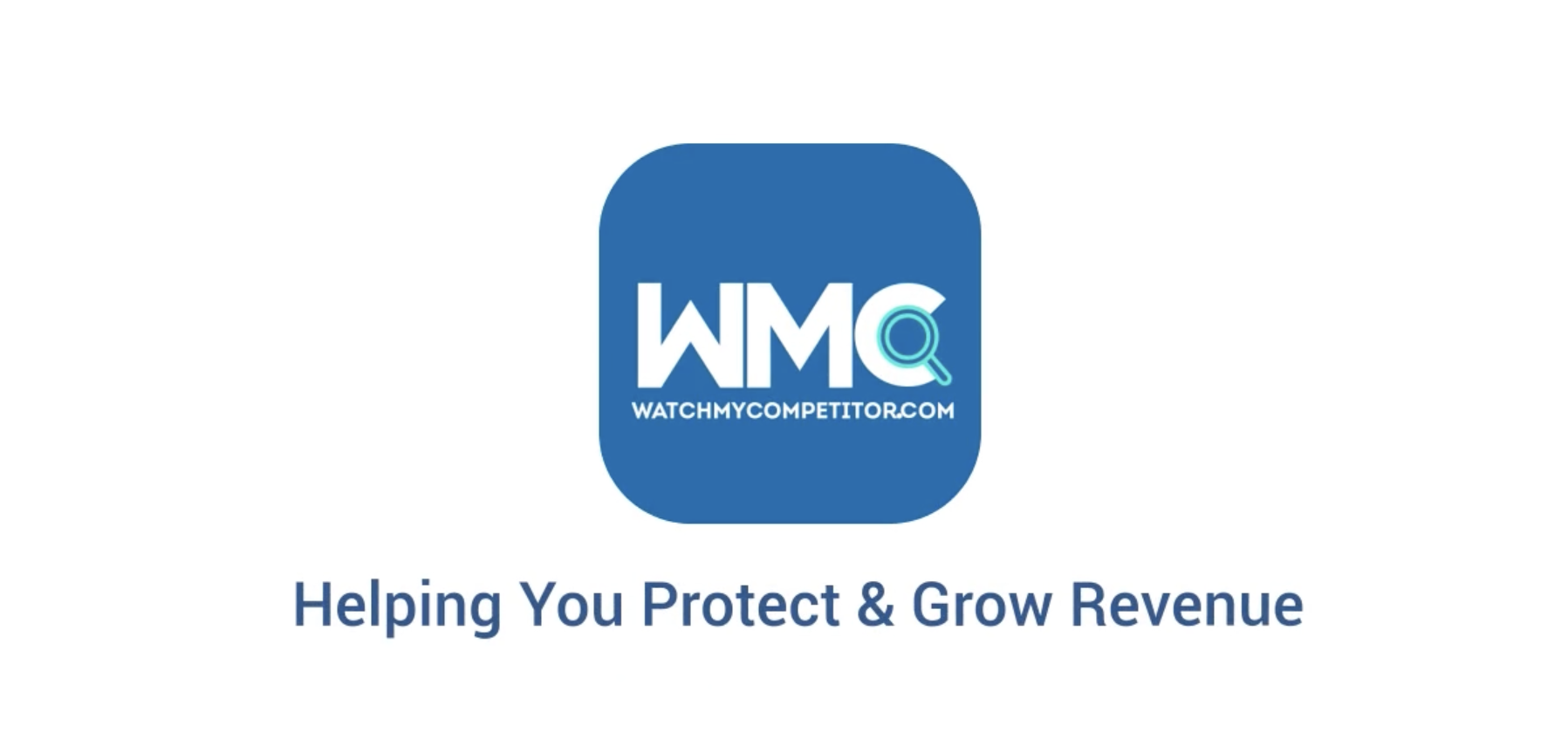What is competitive marketing intelligence (CMI)? How does it differ from competitive intelligence (CI)? Do you need both? And how do you ensure they’re a worthwhile investment for your business?
In this article, we lay out some simple definitions and provide answers to the all-important questions, so you can decide what type of intelligence is right for your plans

What Is Competitive Marketing Intelligence?
Competitive marketing intelligence refers to the practice of gathering and analysing data about your competitors, their marketing strategies and market trends to gain insights and make informed decisions.
It involves monitoring and evaluating various marketing activities and initiatives undertaken by competitors in order to identify opportunities, improve marketing strategies and stay ahead in the market.
Examples Of Competitive Marketing Intelligence
A) Competitor analysis
Conducting in-depth research and analysis of competitors’ marketing activities, such as their advertising campaigns, social media presence, content marketing efforts, pricing strategies and product launches.
B) Market research
Gathering information about market trends, consumer behaviour and customer preferences to understand the competitive landscape and identify market opportunities.
C) SEO analysis
Monitoring competitors’ search engine optimisation (SEO) strategies, keyword rankings, backlink profiles and content optimisation techniques to improve organic search visibility and outperform competitors.
D) Social media monitoring
Tracking competitors’ social media channels, engagement metrics and content performance to gain insights into their social media strategies, audience preferences, and emerging trends.
The 4 Main Benefits Of Competitive Marketing Intelligence
1) Strategic decision-making
By analysing competitors’ marketing strategies and market trends, businesses can make data-driven decisions to refine their own marketing strategies, identify gaps in the market, and allocate resources effectively.
2) Identifying opportunities
Competitive marketing intelligence enables businesses to uncover untapped market segments, emerging trends and customer needs that competitors may have overlooked. This knowledge helps companies create innovative products and services, differentiate themselves, and gain a competitive edge.
3) Enhancing marketing effectiveness
By understanding competitors’ marketing tactics, businesses can benchmark their performance, identify areas for improvement and optimise their own marketing campaigns for better results.
4) Mitigating risks
Monitoring competitors’ activities helps businesses anticipate and respond to market disruptions, pricing changes or shifts in consumer preferences, minimising the risks associated with rapidly changing market conditions.
Competitive Marketing Intelligence Vs CI – What’s The Difference?
While competitive marketing intelligence and competitive intelligence share the common goal of gathering information about competitors, they differ in their focus and scope.
Competitive marketing intelligence is typically used by marketers, while competitive intelligence is used by a broader range of strategic decision-makers. This can include sales, product and overall business strategy.
Competitive intelligence encompasses a broader scope than competitive marketing intelligence. It involves gathering and analysing data about competitors, their strategies and the overall market landscape to gain a comprehensive understanding of the competitive environment.
For a more in-depth look at the examples and advantages of using competitive intelligence, please read this article about the 10 benefits of competitive intelligence.
Are There Any Differences How They’re Used?
The use of CMI and CI does differ.
Competitive marketing intelligence is primarily used by marketing teams to refine their strategies, optimise campaigns, and gain a competitive edge in the marketplace. It provides insights that directly impact marketing decision-making and implementation.
Competitive intelligence is valuable to various departments within an organisation. It informs strategic decision-making, helps with product development and innovation, guides sales and business development efforts, and assists in risk assessment and market positioning.
In conclusion, competitive marketing intelligence and competitive intelligence are both essential for businesses operating in competitive markets. While CMI focuses on marketing-specific data and tactics, CI provides a more comprehensive understanding of the overall competitive landscape.
By leveraging these intelligence sources effectively, businesses can make informed decisions, stay ahead of their competitors, and drive sustainable growth in their respective markets.
How Can CMI Benefit Small Businesses?
Competitive marketing intelligence provides valuable insights that can greatly benefit small businesses in several ways. Firstly, it helps them understand their competitive landscape, enabling them to identify and evaluate their direct competitors. This knowledge allows small businesses to differentiate themselves and develop unique value propositions to attract customers.
Secondly, CMI aids in identifying market gaps and emerging trends. By monitoring competitors’ marketing activities, small businesses can uncover untapped niches or customer needs that their competitors may have overlooked. This knowledge empowers them to tailor their marketing strategies and offerings accordingly, gaining a competitive advantage.
Lastly, CMI allows small businesses to optimise their limited resources. By analysing competitors’ marketing campaigns and tactics, small businesses can benchmark their performance and identify areas for improvement. This helps them allocate their marketing budget effectively and achieve maximum ROI.
Is CMI Only Relevant For B2C Businesses?
No, competitive marketing intelligence is relevant for both B2C (business-to-consumer) and B2B (business-to-business) businesses. While B2C businesses may focus more on consumer behaviour, advertising campaigns, and social media presence, B2B businesses can also leverage CMI to gain insights into their competitors’ strategies and market positioning.
For B2B businesses, competitive marketing intelligence can involve analysing competitors’ sales strategies, customer acquisition techniques, pricing models, and customer relationship management practices. It can help B2B companies identify potential clients, understand their competitors’ strengths and weaknesses, and tailor their marketing messages accordingly.
Ultimately, CMI is valuable for any business operating in a competitive market, regardless of whether they are targeting individual consumers or other businesses.








